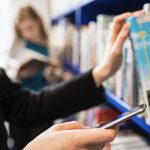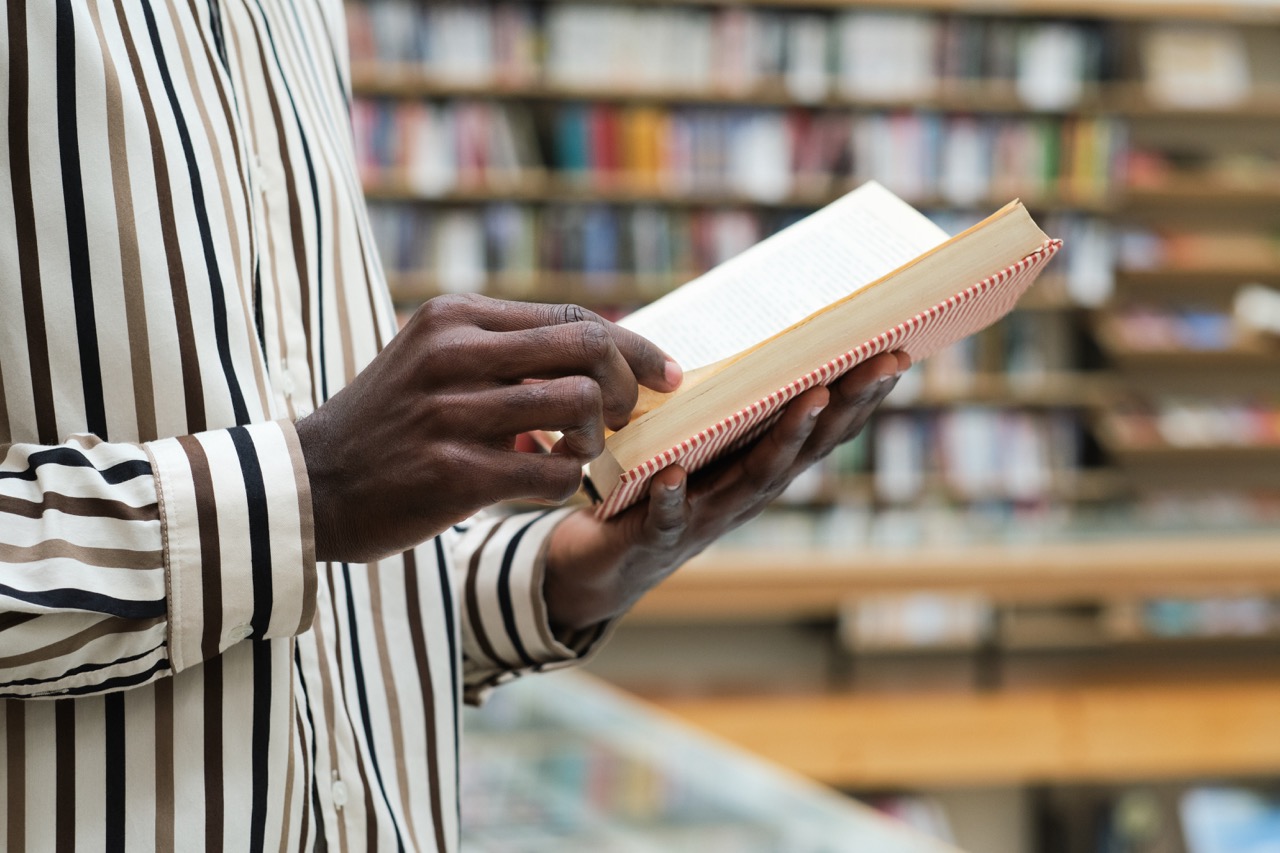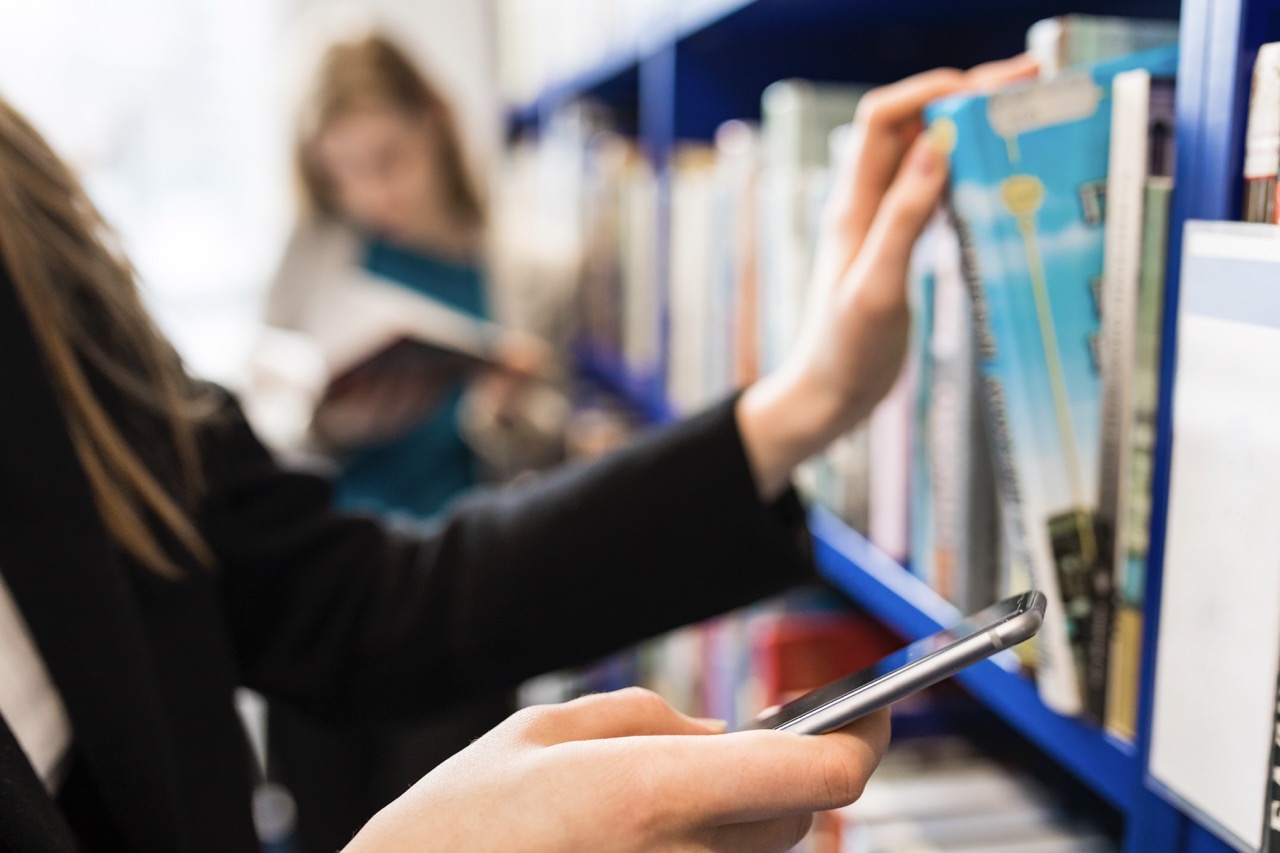Literacy is a powerful tool that can transform lives, especially for those in refugee and migrant communities. As individuals navigate the complexities of resettlement, access to education, and integration into new cultures, literacy plays a crucial role in fostering independence and empowerment. In this article, we’ll explore the importance of literacy in these communities, the challenges they face, and innovative approaches to literacy education. We’ll also share inspiring success stories that highlight the resilience and determination of those on the journey to literacy.
The Importance of Literacy in Refugee and Migrant Lives
Literacy is more than just the ability to read and write; it’s a gateway to opportunity and a bridge to belonging. For refugees and migrants, literacy allows them to access essential services, such as healthcare and legal aid, as well as navigate the complexities of their new environments. It fosters independence, enabling individuals to secure employment, engage in community activities, and advocate for themselves and their families. In essence, literacy is a fundamental human right that lays the groundwork for a better quality of life.
Furthermore, literacy nurtures self-confidence and encourages personal growth. When individuals gain proficiency in their new language, they often feel more empowered to engage with their surroundings and contribute to their communities. This engagement can lead to increased social cohesion, as literate individuals can share their experiences, culture, and knowledge, enriching the fabric of society. The ripple effects of literacy extend beyond the individual, positively impacting families and communities as a whole.
Moreover, literacy education can play a vital role in preserving cultural heritage. Many refugees and migrants come from rich cultural backgrounds with unique stories, traditions, and languages. By incorporating literacy education that values and respects these diverse perspectives, educators can help individuals maintain connections to their roots while also fostering integration into their new homes. This dual focus enhances the learning experience and strengthens community bonds.
Challenges Faced by Refugee Communities in Learning
Despite the immense importance of literacy, refugee and migrant communities often face significant obstacles in their pursuit of education. Language barriers can be particularly daunting, as individuals may struggle to learn in a new language while simultaneously trying to grasp basic literacy skills. This challenge can create feelings of frustration and isolation, making it difficult for learners to fully engage in educational opportunities.
Access to resources is another significant hurdle. Many refugee communities lack adequate educational materials, trained instructors, and supportive learning environments. This scarcity can lead to feelings of hopelessness, as individuals may believe that achieving literacy is an unattainable goal. Additionally, financial constraints can limit access to formal education, forcing many adults to prioritize work over learning, further perpetuating the cycle of illiteracy.
Lastly, the emotional toll of displacement cannot be underestimated. Many refugees carry the weight of trauma and loss, which can hinder their ability to focus on learning. The stress of navigating a new culture, combined with the challenges of adaptation, can lead to anxiety and low self-esteem. Addressing these emotional barriers is crucial for creating a supportive learning environment that encourages resilience and empowerment.
Creative Approaches to Literacy Education for All Ages
Innovative, community-driven strategies are essential in overcoming the challenges faced by refugee and migrant communities in literacy education. One effective approach is the use of culturally relevant materials that resonate with learners’ backgrounds. By incorporating stories, songs, and traditions from their own cultures, educators can create engaging and relatable content that captures students’ interests and fosters a love for reading.
Peer-led learning programs have also shown great promise in enhancing literacy skills. These initiatives empower community members to become tutors and mentors, fostering a sense of ownership and collaboration in the learning process. This not only builds literacy skills but also strengthens community bonds, creating a supportive environment where individuals can thrive together.
Finally, leveraging technology can greatly enhance literacy education. Mobile applications and online platforms designed for language learning can provide flexible, accessible resources for learners of all ages. These tools can be especially beneficial for those who may have difficulty attending traditional classes due to work commitments or family responsibilities. By embracing technology, communities can break down barriers to literacy and create inclusive learning opportunities.
Inspiring Success Stories: Literacy Transformations Unveiled
Stories of success in literacy education often serve as beacons of hope for refugee and migrant communities. One such story is that of Amina, a Syrian refugee who arrived in a new country with little knowledge of the local language. Through a community program that paired her with a mentor, she not only learned to read and write but also found the confidence to apply for a job in a local café. Amina’s journey illustrates the profound impact that education can have on an individual’s life, inspiring others in her community to pursue their own literacy goals.
Another inspiring example is the “Reading Together” initiative, which brings families together for storytelling sessions. This program encourages parents to engage with their children in their native languages while also introducing them to the new language. Families share their cultural stories, creating cherished memories while fostering a love of reading. This initiative has led to increased literacy rates and strengthened community ties, highlighting the power of collaborative learning.
Lastly, we have the story of a group of young adult refugees who formed a book club in their local community. By discussing literature from various genres, they not only honed their reading skills but also forged friendships and connections across cultural divides. This book club became a safe space where individuals could express their thoughts and feelings, empowering them to share their narratives and contribute their voices to the broader community.
Literacy education in refugee and migrant communities is a journey filled with challenges and triumphs. By understanding the importance of literacy, recognizing the obstacles these communities face, and exploring creative solutions, we can foster a culture of learning that empowers individuals and strengthens societies. The stories of transformation remind us of the resilience of the human spirit and the profound impact of education. As we reflect on these narratives, it’s crucial for us, as readers and lifelong learners, to remain curious, compassionate, and committed to supporting literacy initiatives that uplift all voices.










